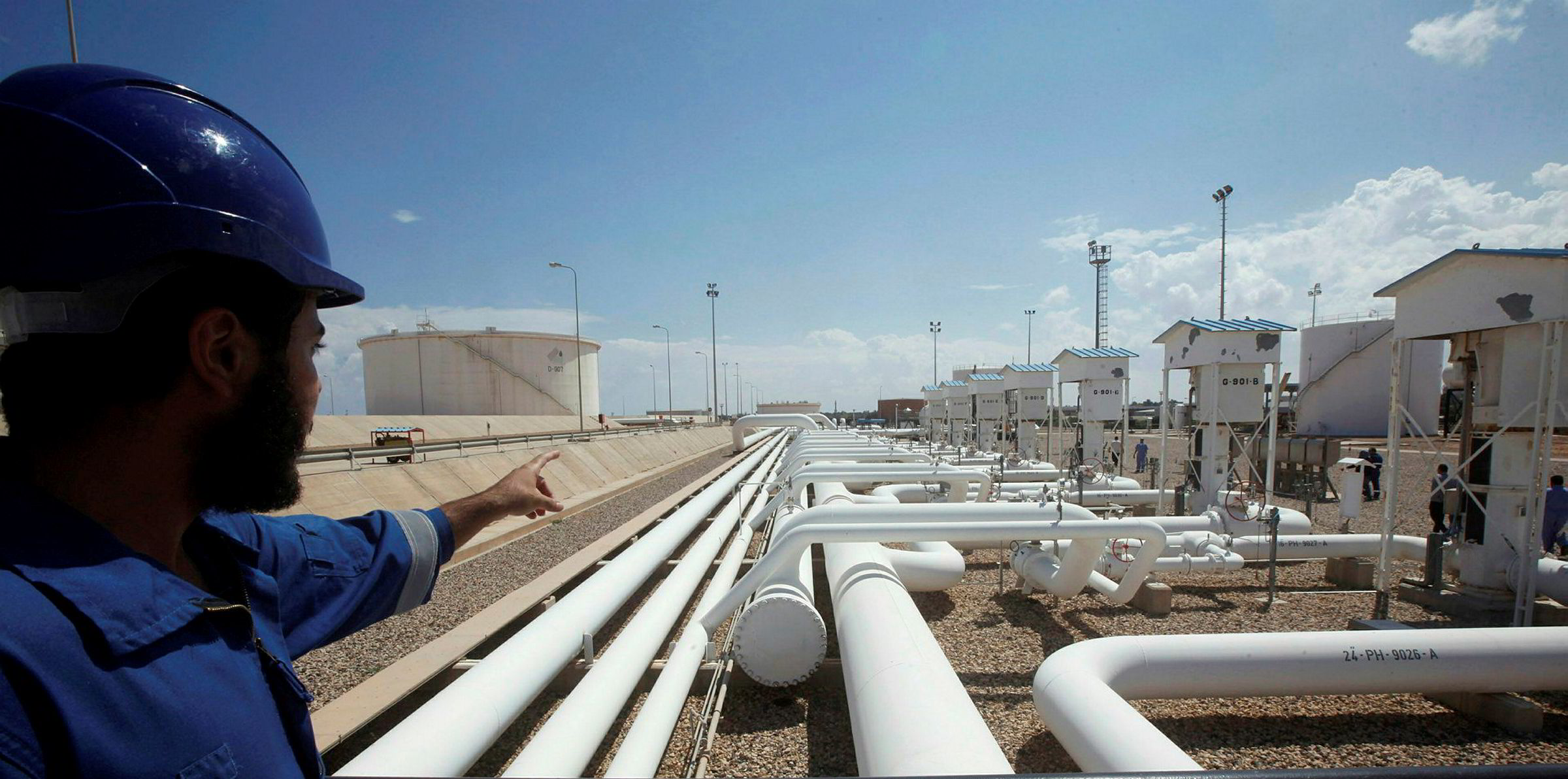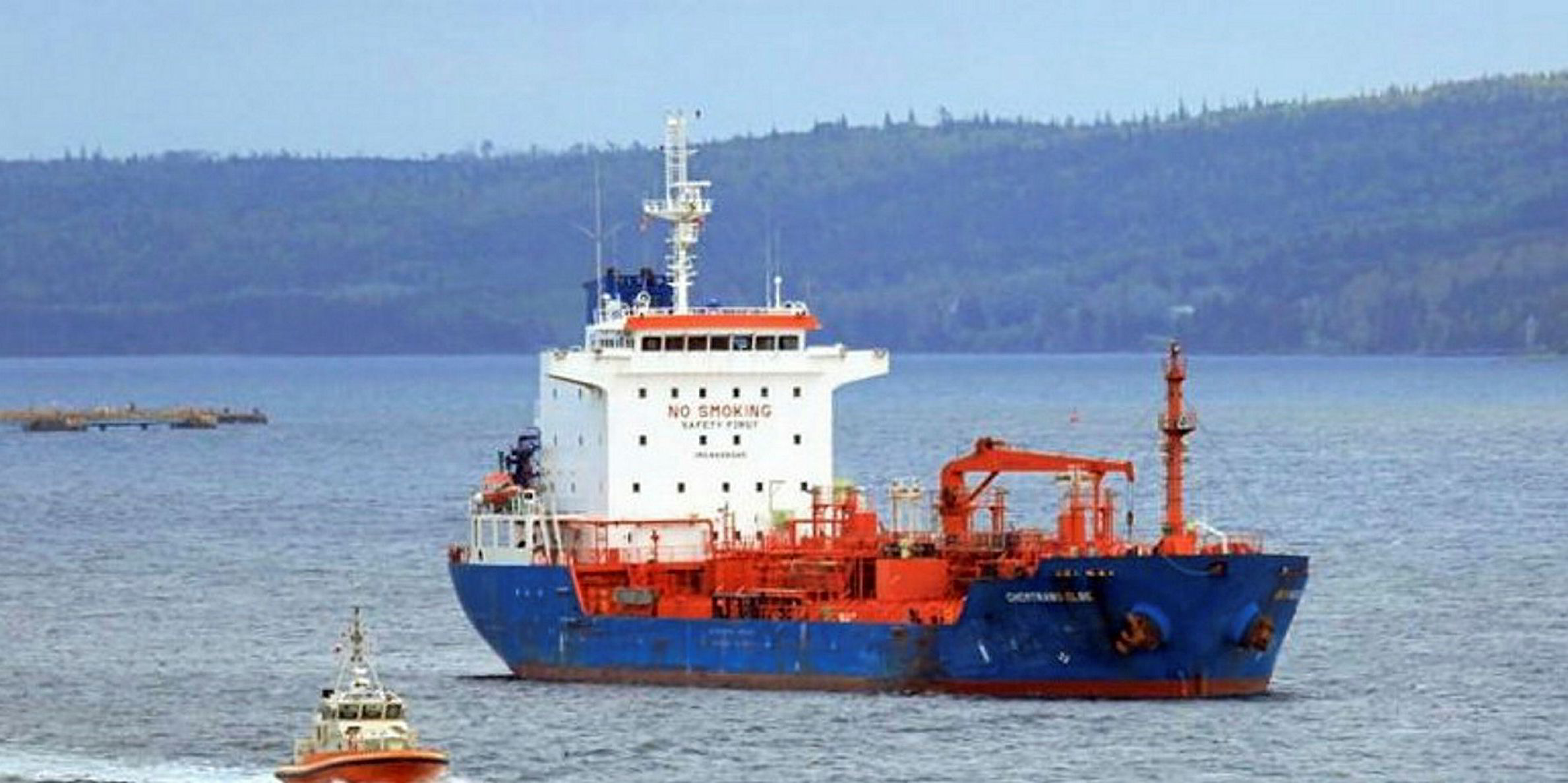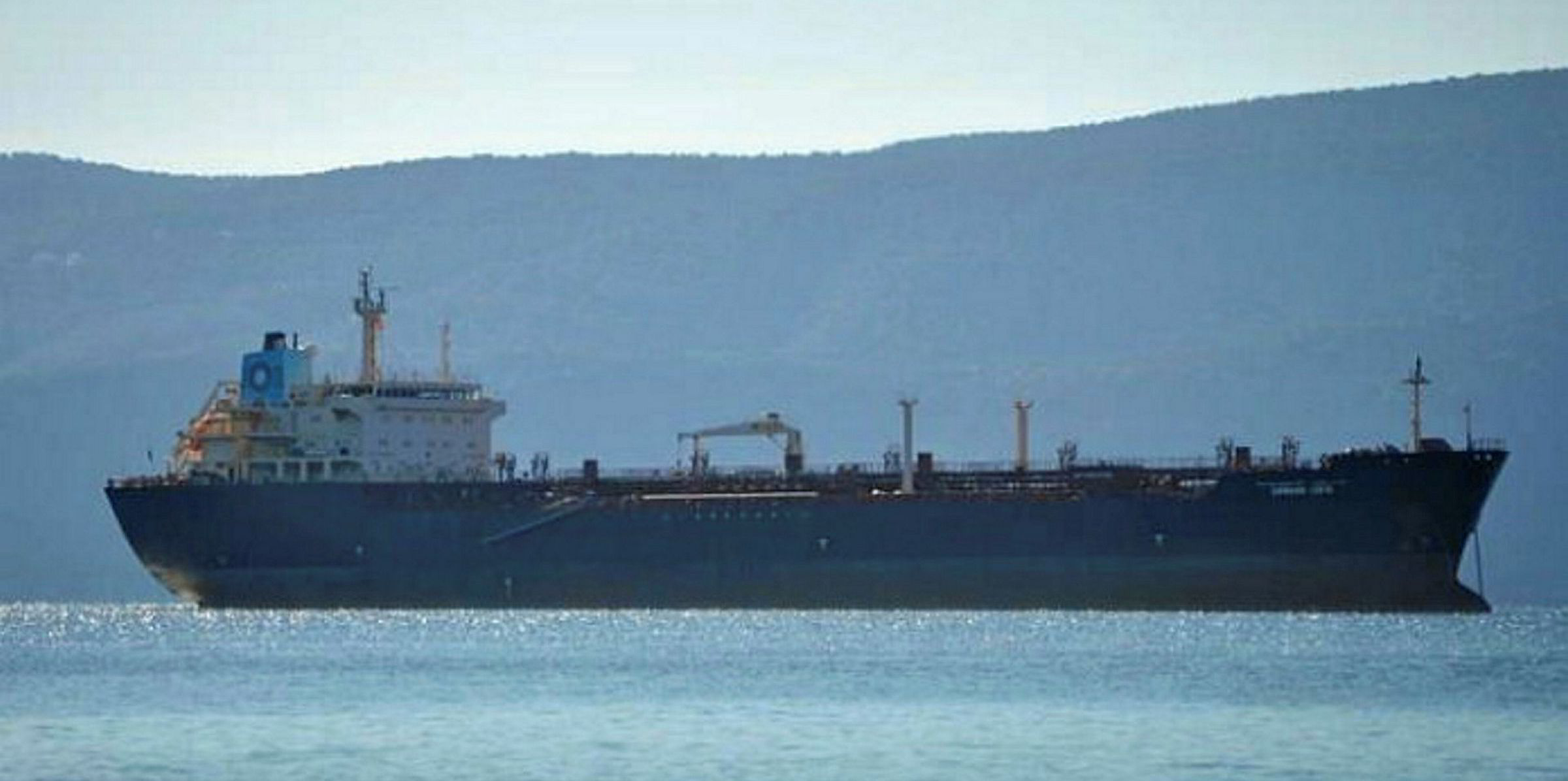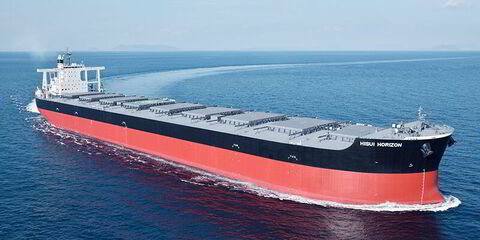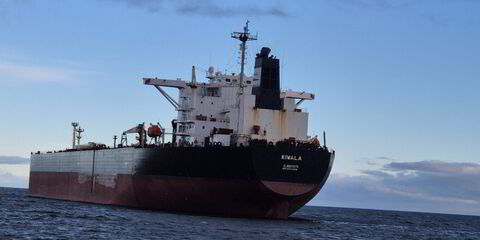Tanker demand is set to rise in the Mediterranean with the return of crude and product exports from the Libyan port of Zawiya.
The country's National Oil Corporation (NOC) said production from the Sharara field has restarted after being shut down in January.
Warlord General Khalifa Haftar's Libyan National Army (LNA) turned off the Hamada valve five months ago as it stepped up pressure on the Tripoli-based Government of National Accord (GNA) as part of its civil war.
The country's largest oilfield can produce 315,000 barrels per day (bpd), which is the equivalent of a suezmax cargo every three days.
Another 75,000 bpd from the linked El Feel oilfield could also reopen soon.
NOC said Sharara resumed production on 6 June at a capacity of 30,000 bpd.
Full capacity in three months
"Production at the field is expected to return to full capacity within 90 days due to the damages resulted by the very long shutdown," the state-owned company added.
A key pipeline which connects Sharara and El Feel with the Zawiya export terminal and refinery reopened on 5 June.
NOC exported some crude and condensate from storage at Zawiya last week, which was the first shipment since mid-January.
The restart occurred just as the Opec+ alliance agreed to extend 9.6m bpd of production cuts to July.
Libya is currently exempted from this quota, and any new production could complicate efforts by the 23-member coalition to rebalance the market.
NOC said it had concluded "lengthy negotiations" to reopen the Hamada valve.
The company called its closure illegal and added that a 16,000-barrel storage tank has collapsed at the southern Sharara field, due to armed militia not allowing access for maintenance.
Much still to do
NOC chairman Mustafa Sanalla said: "The Libyan economy has suffered enough from the illegal blockades and we have much to do, and we hope that the restart of production at the Sharara oilfield will be a first step to reviving the Libyan oil and gas sector and preventing an economic collapse in Libya in these difficult times."
The LNA has shut down eastern ports since January, costing the country $5.3bn in lost revenue so far.
Recent military victories by the UN-backed GNA is causing many tribal groups and militias to switch allegiances back to the GNA, Standard & Poors reported.
A group called the Petroleum Facilities Guard that protects the fields was until recently supporting the LNA. It has now switched to GNA command, sources said.
But the LNA still controls vital oil infrastructure, including the eastern ports of Es Sider, Ras Lanuf, Brega, Zueitina and Marsa el Hariga.
This means 800,000 bpd of Libyan crude still remains offline, equalling 67% of its total capacity.
